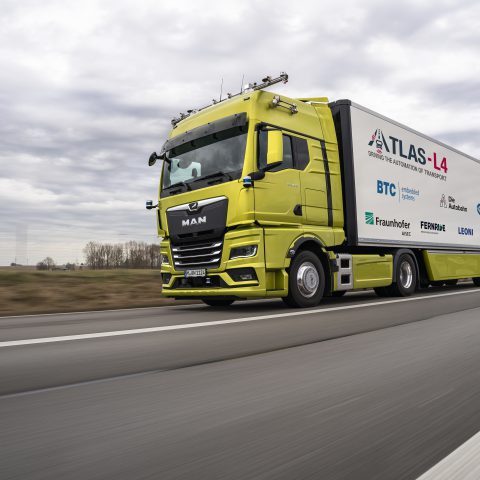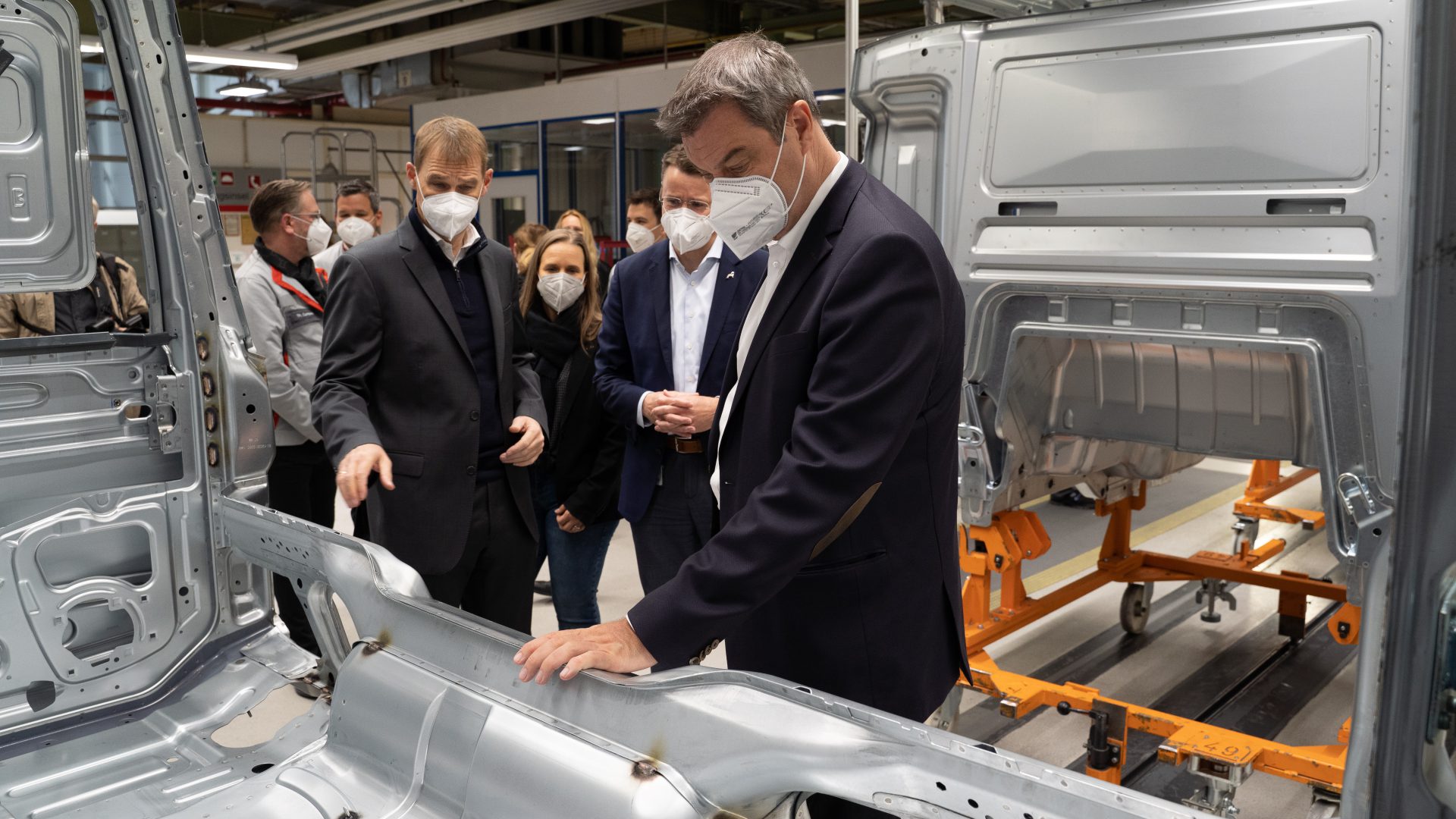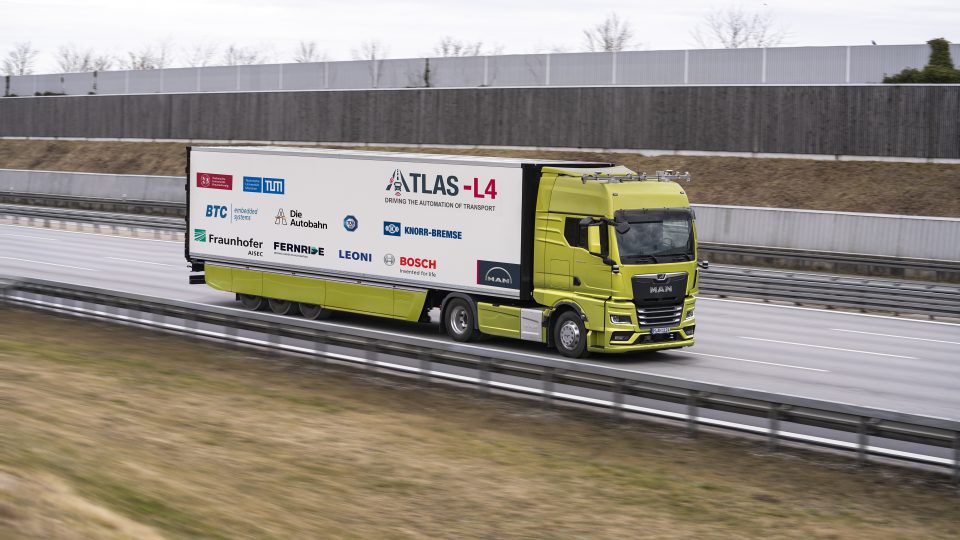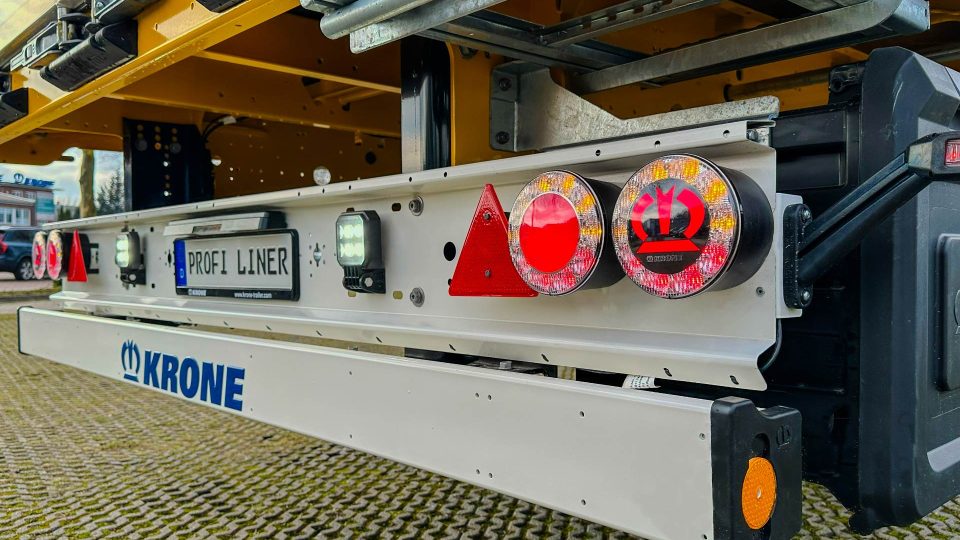MAN production in Germany and Poland set to restart, after a six-week standstill
MAN's plants in Munich and Krakow have restarted their activity, while MAN's components plants in Nuremberg and Salzgitter are now also gradually ramping up their capacities again. Indeed, the wiring harness suppliers in Ukraine that produce wiring harnesses for MAN are currently able to manufacture and deliver again, albeit at a low level.

This week, MAN is restarting production at its German plants, after quite a long standstill mainly due to key component shortage as a consequence of the war in Ukraine. In this post, we explained the trouble made public by MAN Truck & Bus, which had to face «massive supply gaps for truck wiring harnesses», as communicated around mid-March.
Potrebbe interessarti
ATLAS-L4 project, MAN (and partners) at work to have autonomous trucks by the middle of this decade
MAN’s plants in Munich and Krakow have restarted their activity, while MAN’s components plants in Nuremberg and Salzgitter are now also gradually ramping up their capacities again. Indeed, the wiring harness suppliers in Ukraine that produce wiring harnesses for MAN are currently able to manufacture and deliver again, albeit at a low level. In addition, MAN is on schedule with the duplication of wiring harness production in other countries.

MAN CEO: «Production remains subject to major uncertainties»
«The restart in our truck production is a very good signal for our workforce and our customers», commented MAN CEO Alexander Vlaskamp. «However, there is no reason for euphoria yet. We will approach our usual production levels only step by step. Production remains subject to major uncertainties. If the war shifts more strongly to western Ukraine again, we may be faced with a renewed standstill. Flexibility is and remains the order of the day, as is strict cost discipline”.
Due to the reduced production program, MAN Truck & Bus will have to continue to use the instrument of short-time working at its German sites.

















